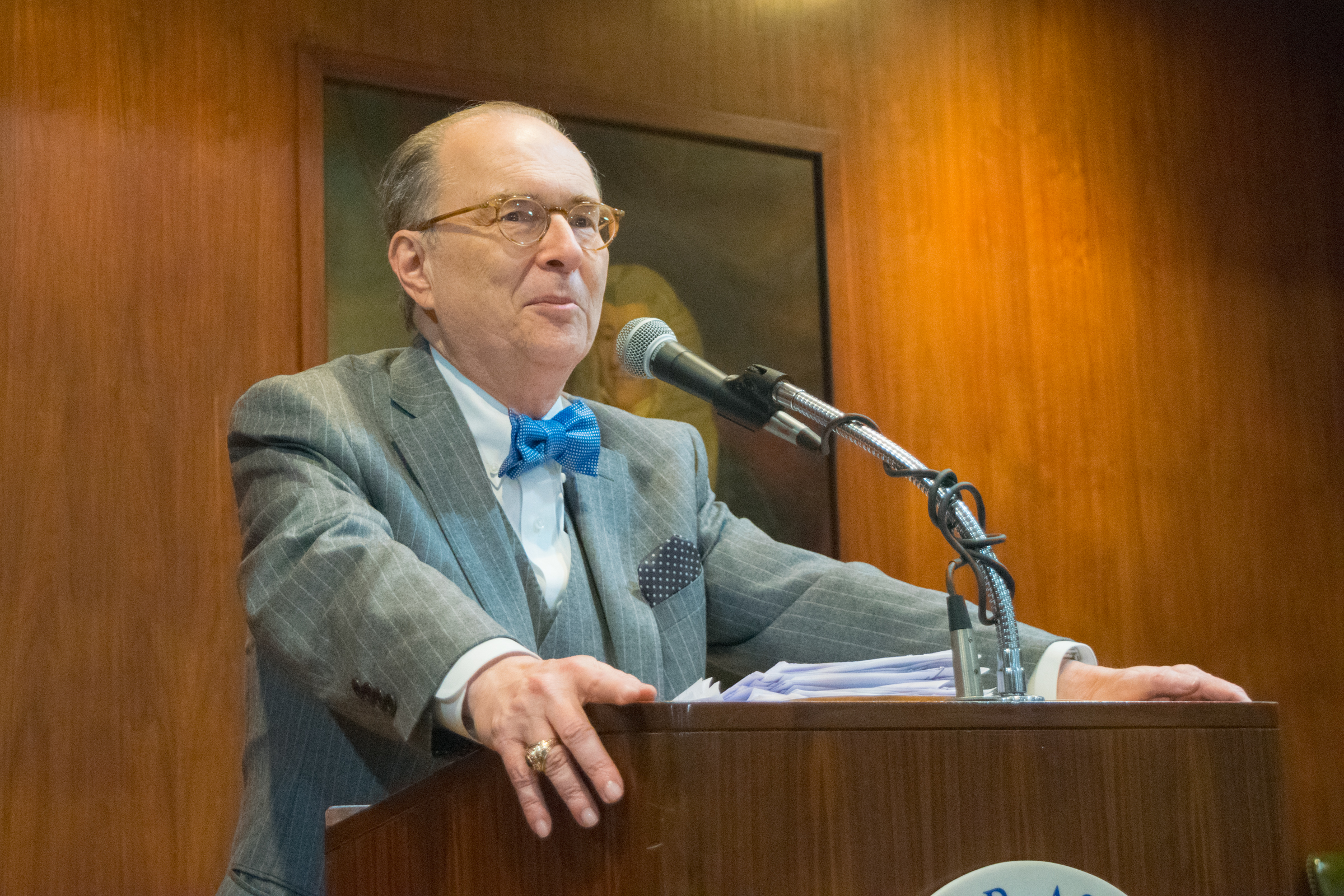Retired judge Barry Kamins barred from MSG theater amid ongoing facial recognition controversy

Photo: Robert Abruzzese/Brooklyn Eagle
Justice Barry Kamins was spending a Saturday evening with his family — the plan was to attend Cirque Du Solei and then go to dinner afterward. However, the retired judge didn’t make it past the entry at the MSG Theater when alarms started going off.
These actions stem from MSG’s policy, implemented by CEO James Dolan, which prohibits attorneys from firms engaged in active litigation against the company from attending events at their venues.
“I was with my grandkids, my daughter, and when I went through the entrance bells started going off and I was immediately pulled aside,” Kamins recalled. “They explained that I was on a list of firms that have lawsuits against MSG. I was worried about my 8-year-old grandson because I was concerned that he was going to look at me like I’m a bad person.”